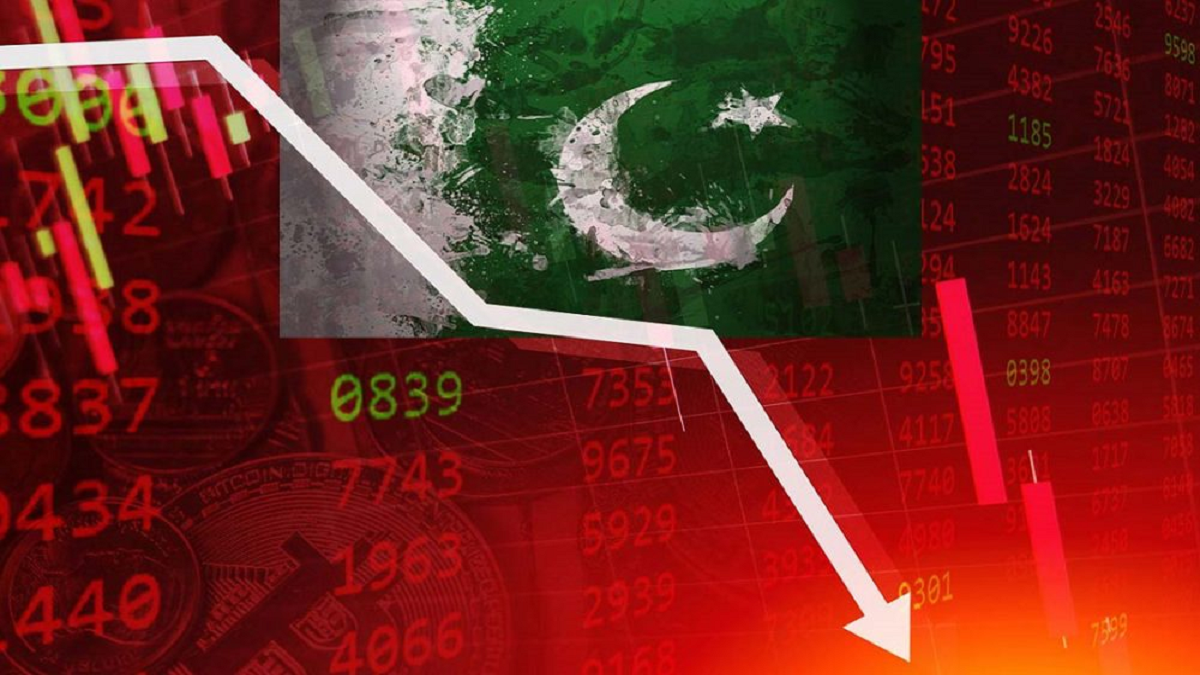Pakistan finds itself in a turbulent economic situation, characterized by a growth rate of a mere 0.3% alongside an inflation rate of 38% in the concluding fiscal year. Despite these grim figures, Ishaq Dar, the country’s Finance Minister, dismissed the likelihood of a fresh agreement with the International Monetary Fund (IMF) on Thursday.
In the unveiling of the Pakistan Economic Survey for 2022-23, Dar spoke of an alternate plan but did not divulge any specifics. He pointed the finger at the prevailing negative public sentiment and lack of confidence for the country’s economic growth, which stagnated at 0.3% in the past fiscal year, substantially lower than the 5% target.
The diminished growth has resulted in increased unemployment and poverty, coinciding with the record high inflation rate of 38% in May this year. Notably, the minister took an extensive amount of time before divulging the critical macroeconomic indicators of the past fiscal year.
The 13-party coalition government experienced a failing grade in achieving any significant economic goal in the previous fiscal year. Defending his administration’s performance, Dar stated, “Despite all the constraints, the GDP growth is 0.29%, which is a realistic achievement and it could not have been better than this.”
The abysmal growth rate, the smallest uptick in the country’s production in four years, underscores the mismanagement of the economy. Concurrently, goals to contain inflation at 11.5% and enhance investment and savings – key indicators – also fell short by significant measures.
During the conference, Dar hinted at increasing employees’ salaries in line with the average core inflation rate. The core inflation, derived after discounting energy and food prices, escalated to 20% in urban areas and 26.9% in rural regions in May, as reported by the Pakistan Bureau of Statistics (PBS).
Despite these economic setbacks, Dar defended his government’s accomplishments, claiming that it prevented a default and curtailed the economy’s downward trajectory. He attributed the current economic difficulties to a lack of public confidence and negative perception, which in turn undermined the economy and the value of the Pakistani Rupee.
Read More: Pakistan Plans to Raise $2 Billion Through Eurobonds Amid Uncertain IMF Deal
Elaborating on plans for the upcoming fiscal year, Dar’s primary focus was making sovereign payments, with other business activities to follow. This suggests that the restrictions on imports may not be eased in the upcoming months, delivering a harsh blow to the industrial and wholesale trade sectors.
Dar also ruled out signing a new agreement with the IMF following the expiration of the current programme on June 30. He emphasized the successful completion of the ninth review as crucial for Pakistan, but suggested that any new arrangements with the IMF should be the purview of a new government post-elections.
This statement indicates a likely hiatus in new IMF agreements until at least November – a period of five months that might add to the existing economic uncertainty due to dwindling foreign exchange reserves currently standing at a mere $3.9 billion.
Amid this economic turmoil, Dar assured the presence of a contingency plan, “Plan B”, contrary to statements made by Minister of State for Finance, Dr Aisha Pasha, the previous week. Dar attributed the current financial straits to the previous government’s imprudent external account expenditures and noted the external sector as Pakistan’s most pressing challenge.
The finance minister criticized the market-based exchange rate and absolute autonomy granted to the central bank, advocating for an exchange rate of Rs244 to a dollar as per the Real Effective Exchange Rate (REER) matrix.



























